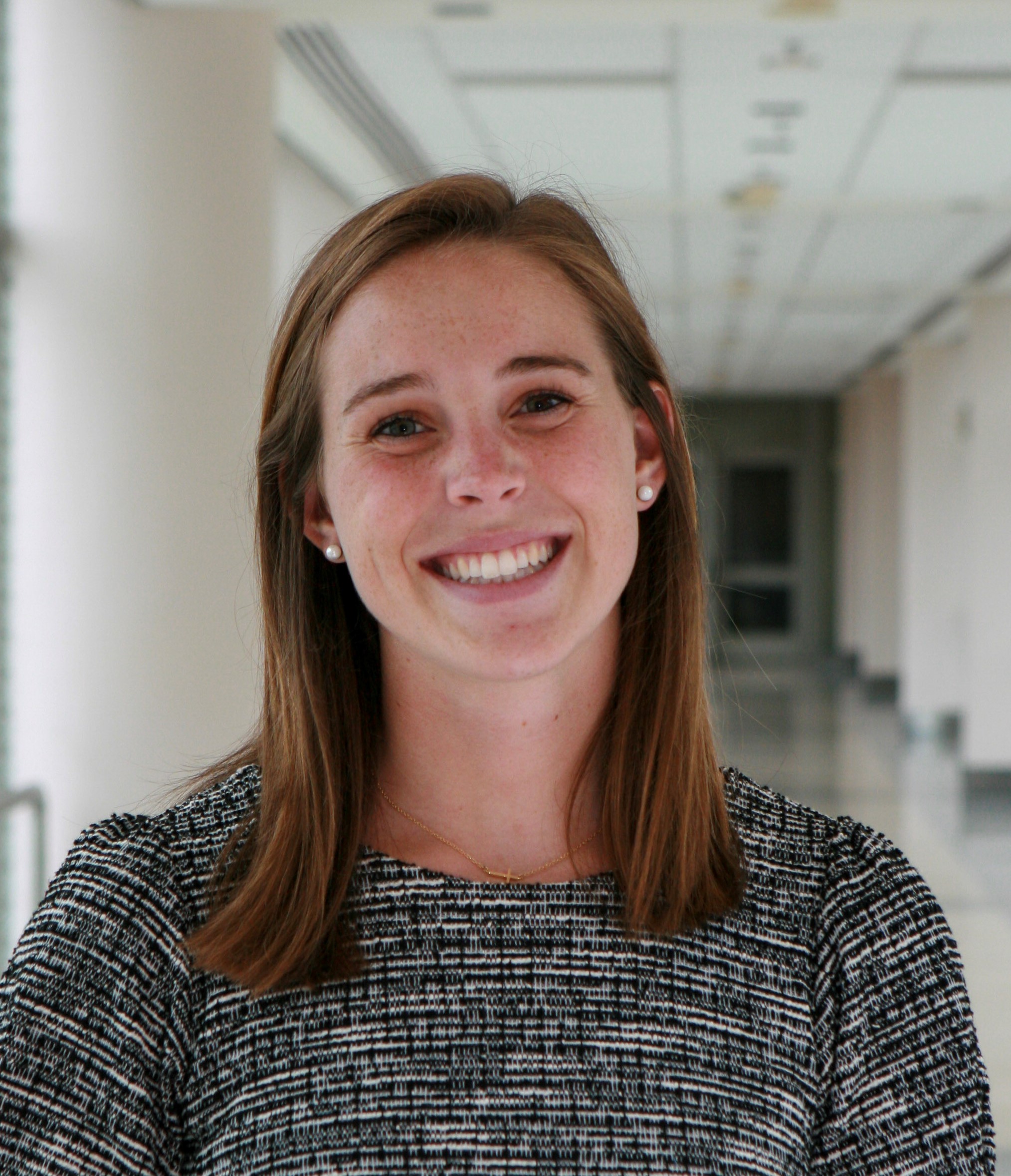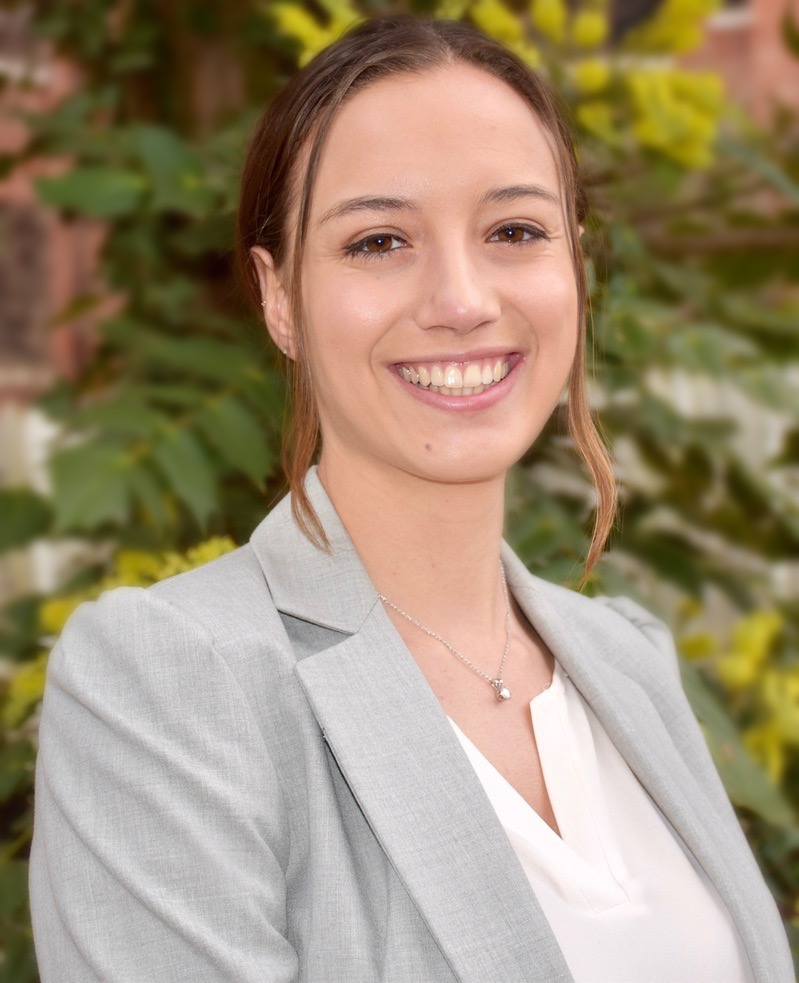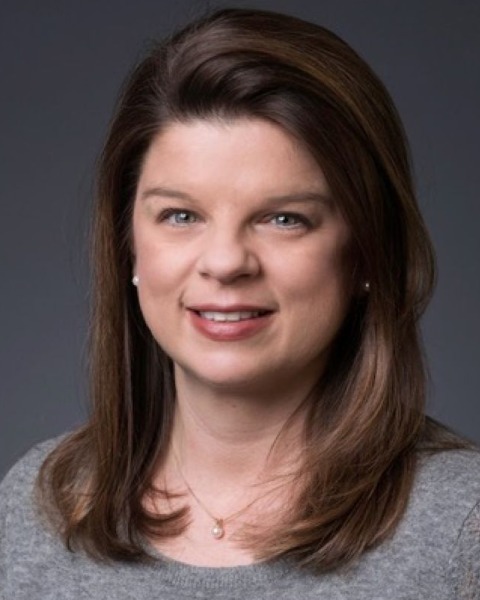Dissemination & Implementation Science
Predictors of Clinician-Reported Parent Engagement in Youth Therapy Sessions
(PS5-C58) Predictors of Clinician-reported Parent Engagement in Youth Therapy Sessions

Katherine D. Maultsby, M.A. (she/her/hers)
Doctoral Student
George Mason University
Arlington, Virginia- LS
Lauren Seibel, M.A. (she/her/hers)
Graduate Student
George Mason University
Fairfax, Virginia 
Abigail Fry, B.A.
Clinical Psychology Doctoral Student
George Mason University
Washington, District of Columbia
Christianne Esposito-Smythers, Ph.D.
Professor
George Mason University
Fairfax, Virginia
Author(s)
Co-Author(s)
Engaging parents in the mental health treatment for their youth is a critical component of delivering evidence-based care. However, reported rates of parental engagement are low and little is known about what predicts engagement of parents in therapy sessions. The aim of this study is to examine whether clinician practice and training history influence the frequency of parent engagement in therapy sessions with their child. The sample included 67 female clinicians (57.4% White; Mage = 40.53) who provide mental health services to youth in community settings. They were recruited through a listserv that advertises free trainings in CBT based interventions for youth mental health problems supported through a county-funded training initiative. Clinicians work across many practice settings and treat youth with a range of presenting problems. We hypothesized that more years in clinical practice, graduate training in skills-based (youth, parent, family) work and family therapy, and post-graduate training in CBT based interventions through the training initiative would predict greater frequency of parental engagement in youth therapy sessions over the last 3 months (Parent Participation Engagement Measure; PPEM), controlling for clinician socio-demographic variables. Due to high correlations between graduate training variables, each was included in a separate regression with the other variables under investigation.
All clinicians had at least a master’s degree and had been practicing, on average, for 10 years (range = 1 to 29 years). Further, 73.5% attended at least one post-graduate CBT training over the past five years. With regard to graduate training, 61.9%, 44.4%, and 50.8% of clinicians reported that they received training in how to conduct “skills-based sessions” with youth, parents, and families, respectively, and 71.4% in how to conduct “any family therapy.”
Graduate training in skills-based sessions with youth (β = .29, p = .02), parents (β = .27, p = .03), and families (β = .29, p = .02) positively predicted PPEM scores. No other variables predicted PPEM. These results are contrary to prior research which suggests that greater clinical practice experience predicts more parental engagement in therapy sessions. Rather, results suggest that graduate training in skills-based interventions, in particular, plays an influential role in parental engagement practices. As such, efforts to bolster training opportunities in skills-based interventions, which incorporate parental involvement, during graduate studies may increase the likelihood of clinicians engaging parents in clinical practice with youth.

